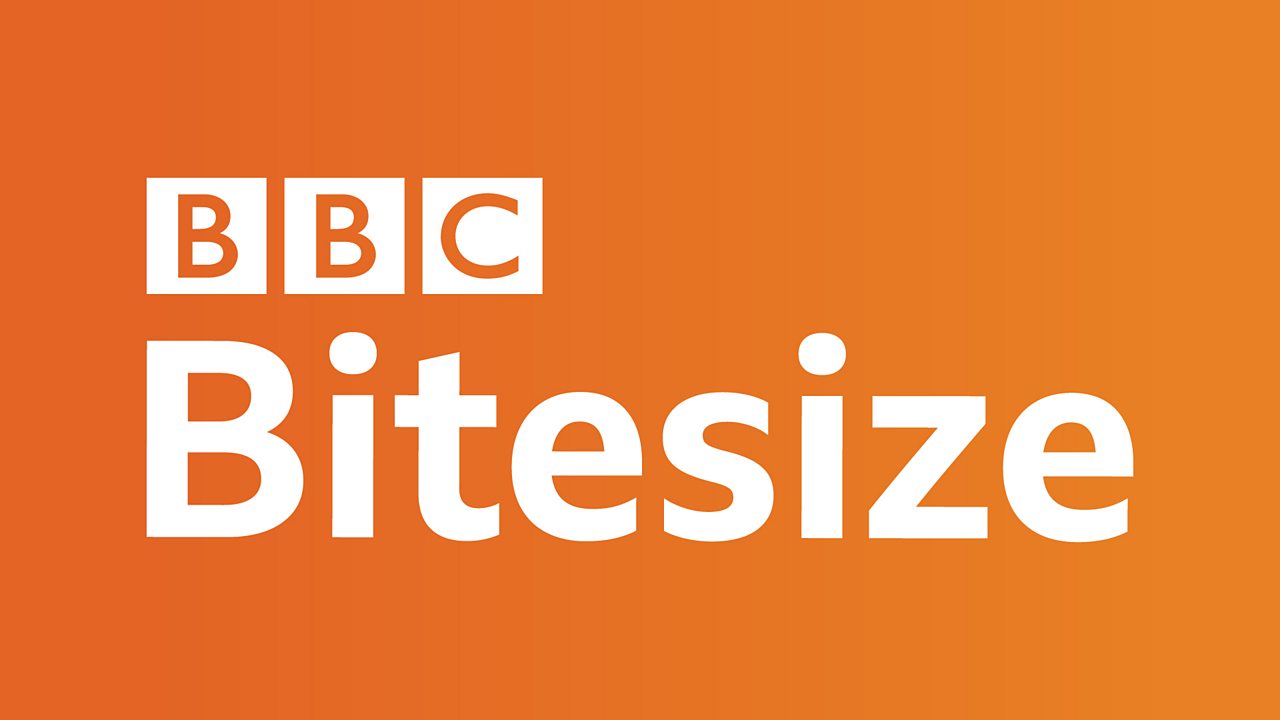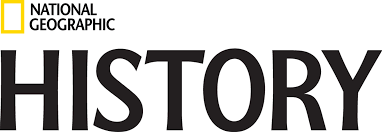History
“If you don't know history, then you don't know anything. You are a leaf that doesn't know it is part of a tree.”
Intent
History is a foundation subject at St Francis Primary School.
Our aim at St Francis Catholic Primary School is to encourage pupils to develop an appreciation and understanding of the past, evaluating a range of primary and secondary sources. Our historians will also be able to explain clearly how these sources give us an insight about how people around the world used to live and how these interpretations may differ. Pupils will be taught to make links between these areas of learning, with the aim of developing engaged, motivated and curious learners that can reflect on the past and make meaningful links to the present day.
Our History curriculum has been designed to cover all of the skills, knowledge and understanding as set out in the National Curriculum. The National Curriculum states that ‘a high-quality history education will help pupils gain a coherent knowledge and understanding of Britain’s past and that of the wider world. It should inspire pupils’ curiosity to know more about the past.’
Implementation
History is a foundation subject at St Francis Primary School and is taught as a new unit each term.
History is a foundation subject at St Francis and a foundation subject in the National Curriculum. All children from Year 1 upwards will study three history units over the course of the year. We use the Learning Challenge Curriculum history scheme by Focus Education, and have adapted the scheme to suit the needs of our children. Our curriculum drivers are derived from our pupil’s backgrounds and our beliefs about a high-quality education. This is used to ensure we give our pupil’s appropriate and ambitious curriculum opportunities.
Within History we use 'Golden Threads' which are themes that run through different History units within school. They allow children to make links to wider themes in History, and this supports impactful learning, meaning that children can develop links and make connections between prior, current and future learning. The Golden Threads of History are: Monarchy, Society, Invasion, Trade, Invention Legacy.
- All learning will begin by revisiting prior knowledge, and allowing children to state their own misconceptions. This will be scaffolded to support children to recall previous learning and make connections. Staff will model explicitly the subject-specific vocabulary, knowledge and skills relevant to the learning to allow them to integrate new knowledge into larger concepts.
- Consistent learning walls in every classroom provide constant scaffolding for children. Subject specific vocabulary is displayed on the learning wall along with key facts and questions, and model exemplars of the work being taught.
- History assessment is ongoing throughout the relevant cross-curricular themes to inform teachers with their planning lesson activities and differentiation.
- Our historians will be given a variety of experiences both in and out of the classroom where appropriate to create memorable learning opportunities and to further support and develop their understanding.
National Curriculum Programmes of Study for History
Progression of Skills and Knowledge - Disciplinary Knowledge
Impact
We learned about castles and made our own so we knew the parts of a castle. I made a dungeon – it was a scary dungeon. Children's toys were a lot different a long time ago. They were very old fashioned. Some of them still looked fun and I have a spinning top like they did in the past. History is important so that we can learn about the people who came before us and why they did what they did.





























